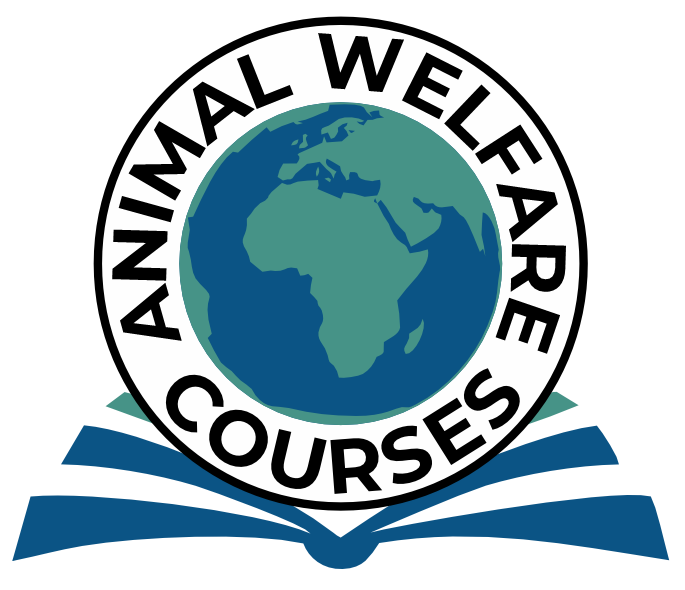ABOUT US
Why Animal Welfare Courses?
Problem Statement
Though previously marginalized, the field of animal welfare has continued to advance due to the increasing recognition and appreciation of the link between animal sentience and well-being. Animal welfare used to focus mostly on health disposition, detecting health issues, and animal management. However, it has evolved to include a better understanding of animals’ social behaviors, cognitive abilities, and ability to feel and express pain and suffering.
Now, the subject of Animal welfare has become a major source of concern and attention across the globe due to rife unethical practices of animal cruelty and impact of these on animal health and well-being, public health, food quality and security, and socioeconomic development. In response to this, many countries have enacted various sustainable measures to ensure that their animals are given adequate care and welfare through public education, research, policy development and implementation, and several interventions. Despite all of these progress, Africa seems to be lagging and oblivious of the issue. Compelling evidence shows that in Africa, there is still little concern or empathy for animal welfare, minimal public awareness of animal welfare practices and impacts, and a lack of establishment and/or poor implementation of policies on Animal Welfare. In most African countries, animal welfare violations occur in varying degrees across many species including companion animals, farm animals, wild animals etc; and it implies a high neglectedness of the cause area.
It is postulated that when there is poor humane education and limited knowledge of animal welfare among the public, this largely contributes to the gross perpetuation of animal abuse and inhumane animal treatment. Furthermore, in many formal educational systems and institutions, training in animal-related sectors and topics often focus mostly on health, productivity, and management – with inadequate integration of training on welfare principles. This inadequate knowledge is leading the outcomes of poor animal welfare practices which include immense animal suffering and low quality of life, sub-optimal animal health and productivity, transmission of zoonotic diseases, poor food quality and livelihoods. This gap is even more significant as several agrarian communities in Africa often depend on their animals for companionship, nutrition, and sustainable livelihoods yet are ignorant of humane welfare practices that should alleviate their animal suffering and improve health and productivity.
Solution – AWC Educational Platform
These contending issues demonstrate the need for widespread public awareness on animal welfare and concerted education and capacity building of stakeholders on global best practices of animal welfare. Therefore, Animal Welfare Courses (AWC) is an online training platform established to build the capacity of relevant stakeholders on global animal welfare standards and practices, while supporting its implementation in African countries, communities, and spaces. AWC has been established to serve the following broad objectives:
- To increase public awareness, appreciation and alignment with animal welfare principles, benefits, values, and practices
- To build the capacity of stakeholders (including animal owners, farmers, animal health professionals, policymakers, researchers, and animal welfare advocates) on implementing or integrating animal welfare practices across various animal species.
- To promote advocacy and movement building for the advancement of animal welfare and support the establishment/implementation of relevant animal welfare policies in African countries.
OHDI and Animal Welfare – The Journey So Far
